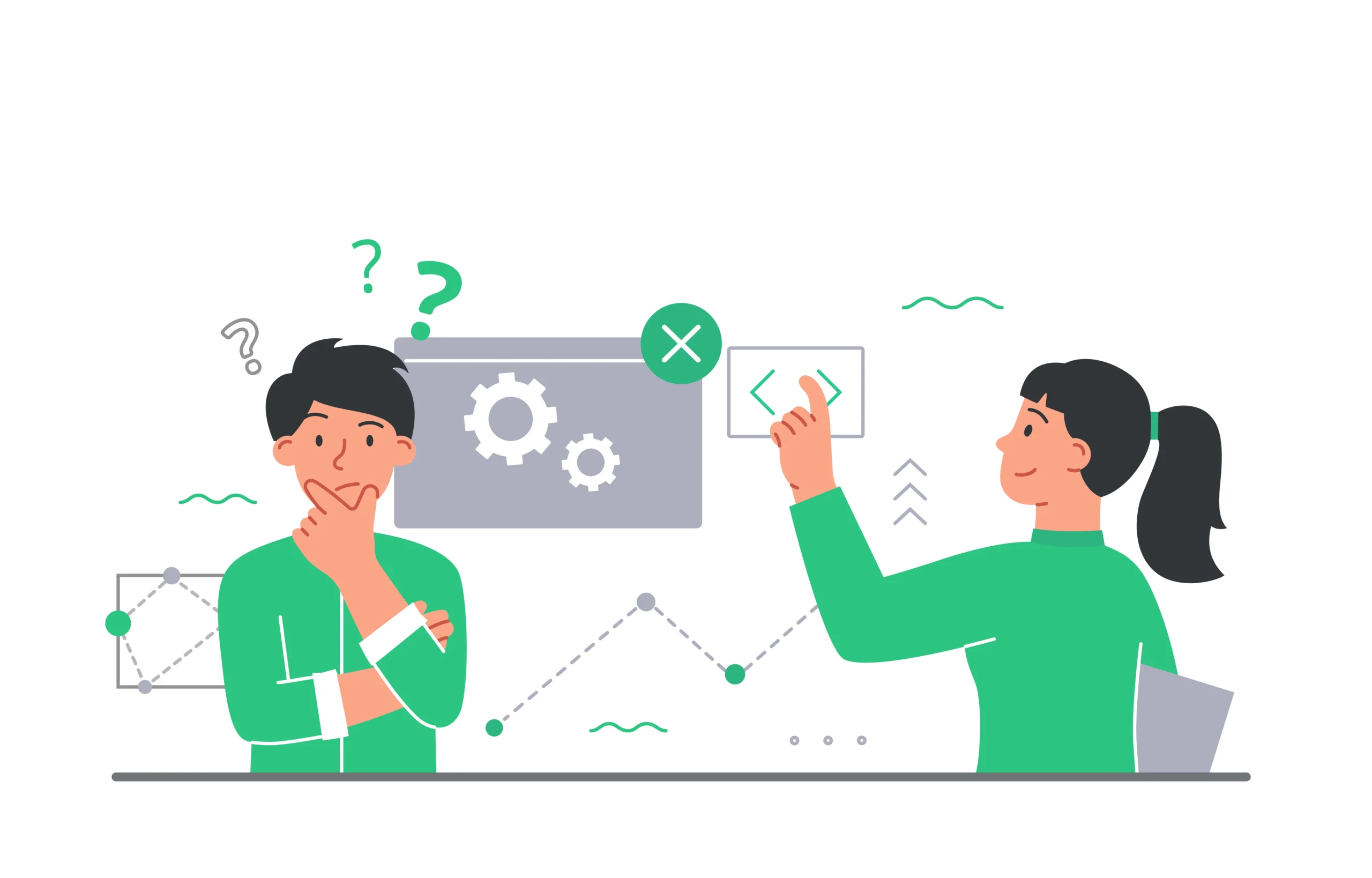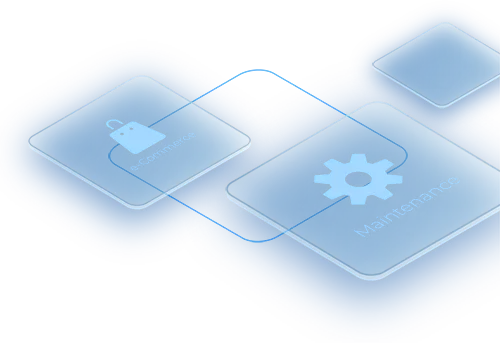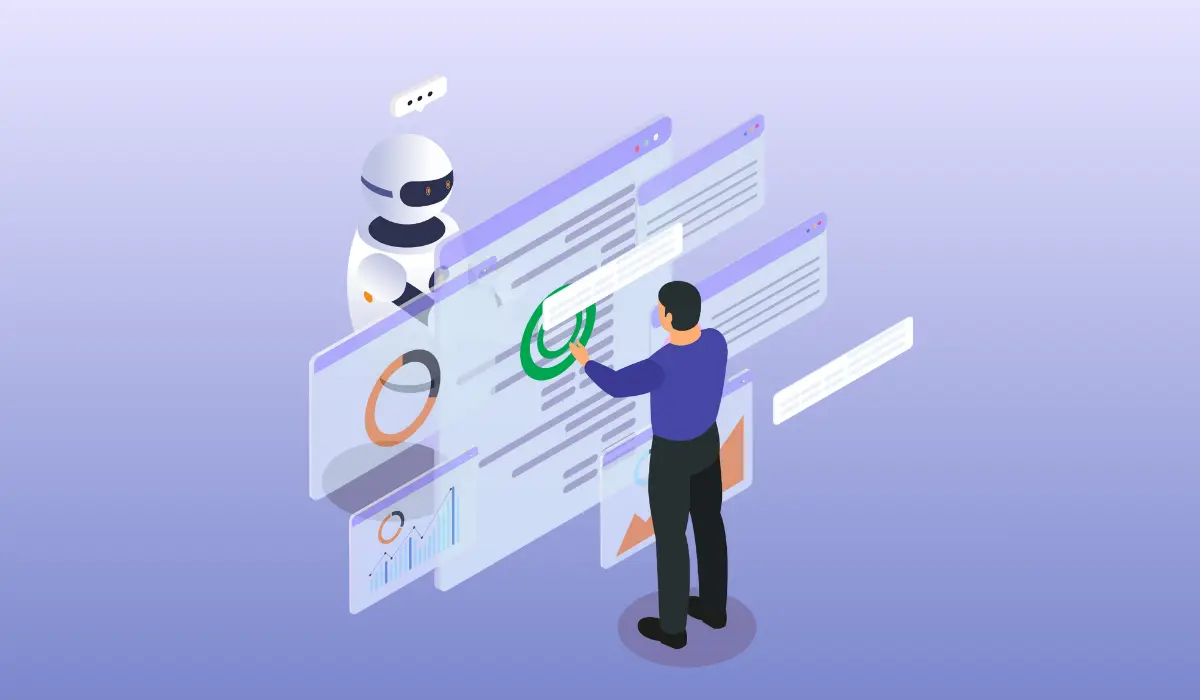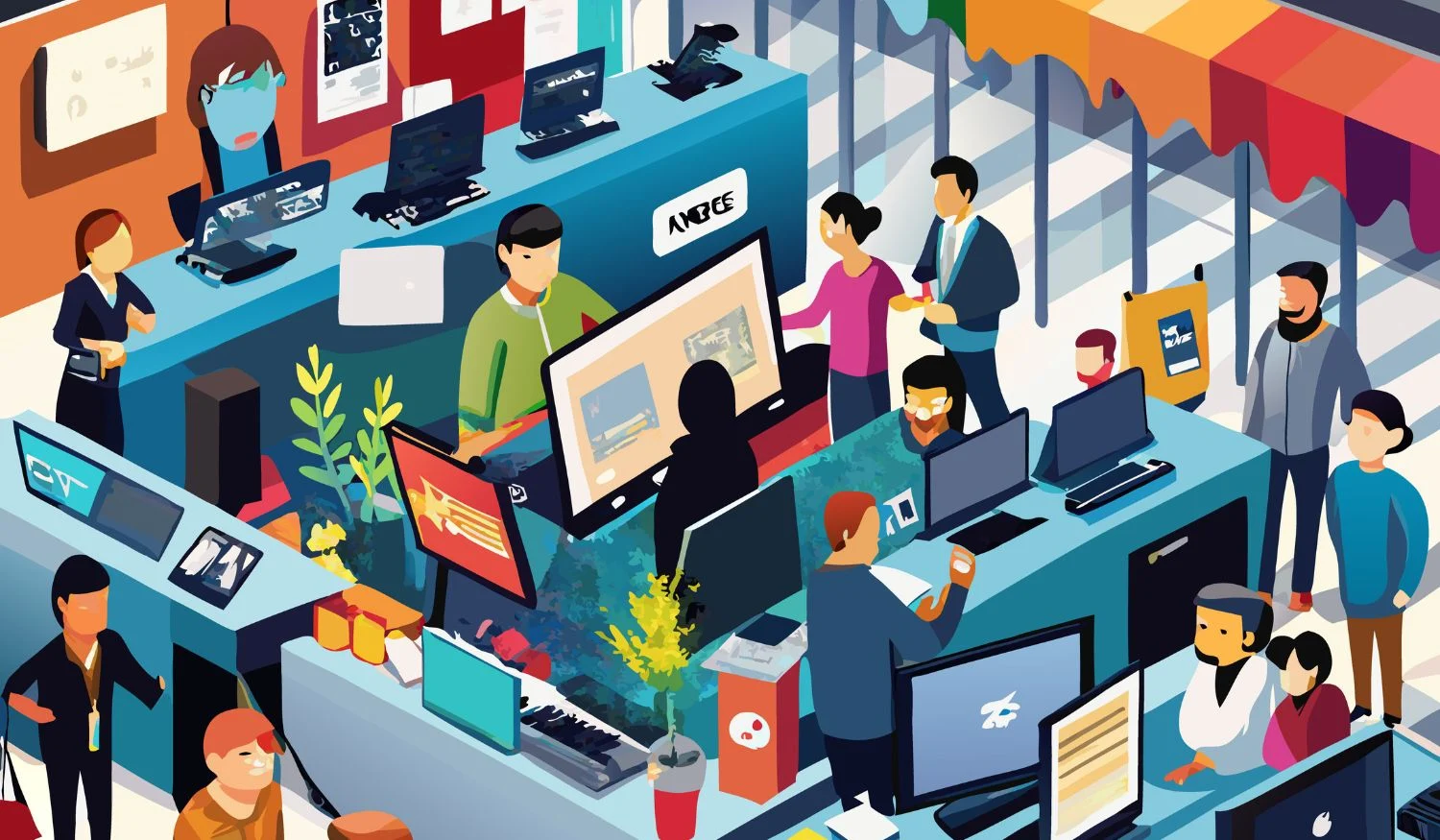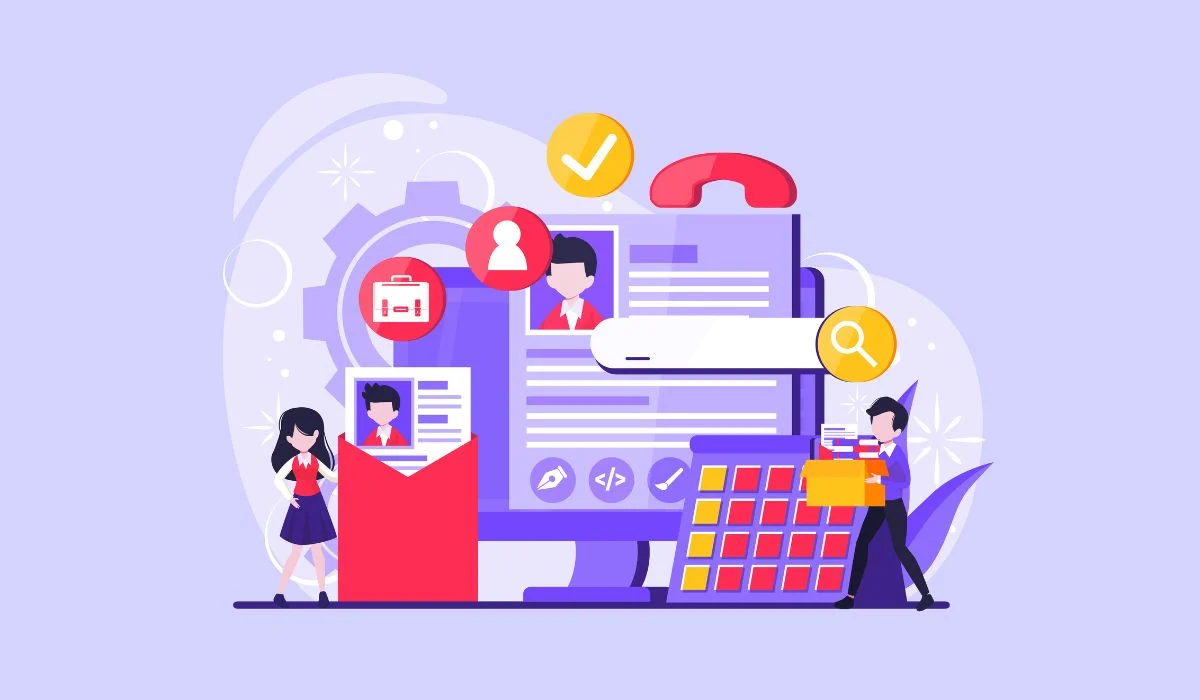Many elements, including the standard of your food, the ambiance, how you use technology, and how well you serve your patrons, are critical when evaluating the overall effectiveness of your restaurant. Taking orders and providing outstanding customer service are two things that a POS system is used for.
Before selecting an appropriate POS system for your business, it is essential to understand the functionalities it can offer your restaurant, the associated expenses, and the key features to consider while making a purchase decision.
The Evolving Panorama of Restaurant Technology
In the past, the concept of a restaurant management system was unfamiliar. However, as our digital world rapidly progressed, a new opportunity emerged for restaurants to embrace.
The electronic cash register (ECR) and point-of-sale (POS) systems, developed by IBM in the 1970s, completely changed the way restaurants were managed. These technologies made it possible for restaurants to receive orders, send them to the cook, manage revenue, and accurately charge clients.
POS systems saw tremendous development as the internet became more popular, including new capabilities like graphical reports and transaction histories.
Presently, restaurants worldwide are increasingly adopting modern cloud-based ERP solutions to improve the entire client experience and streamline processes.

Reasons to Implement Restaurant POS System
Outdated systems might still possess value, but they cannot match the excellence of modern ones. The culinary industry is evolving swiftly. If one does not keep up with these changes, falling behind is inevitable. Below is a list of reasons to implement restaurant POS system:
Simplify and Automate Procedures
The capacity of a cloud-based restaurant management system to automate almost all of your tasks is its main benefit.
Whether it’s receiving orders, relaying them to the kitchen, handling inventory, or managing cash, a cloud POS performs all of these functions.
For instance, when you receive orders, there is no need for you to physically go to the kitchen and inform the chef. Your kitchen crew receives all order details automatically when you use a cloud POS, drastically reducing the possibility of mistakes or inconsistencies.
Customer Support
Customers are reluctant to wait in long, slow-moving lines. Speed has become increasingly crucial as technology advances in every field.
Poor order-taking procedures could cause current clients to stop buying from you.
This also saves time, as customers are happy about shorter waiting times. Customers are efficiently served when orders are processed quickly, which is advantageous for both the restaurant and the diners.
User-Friendly Interface
Having an easy-to-use interface is crucial when considering a restaurant management system. If the system is difficult to navigate and understand, it can negatively impact operational efficiency.
Fortunately, modern POS programs for restaurants are designed to be user-friendly. They offer intuitive interfaces that are easy to navigate, allowing restaurant staff to quickly perform various operations without needing extensive training.
Receipt of Inventory
Monitoring the remaining stock and keeping track of arriving and outgoing orders are essential for a restaurant business to be successful. When a customer places an order and waits for it to arrive only to learn after a while that it’s not available, it can be disappointing and increases the chance that they will never return.
Every little thing counts since losing one customer means losing the whole company. POS systems have an alert mechanism that alerts users when a product or order is out of stock to prevent such occurrences.
This proactive order information is a useful tool for addressing restaurant and business difficulties. The POS system also sends alerts when inventory products are out of stock or have expired.
Payroll Management
Payroll for employees is essential to a restaurant’s financial performance. A restaurant should invest in a dependable POS (Point of Sale) system to efficiently manage this element.
A system like this not only keeps track of how many people are working but also makes it easier to manage their pay and schedules effectively.
An essential component of a good POS system is its built-in clock system, which guarantees on-time payment of employees. The POS system improves processes and lowers the possibility of mistakes or payment delays by automating the payroll creation process.
A POS system, along with hiring qualified staff and providing splendid food, is a need for effective restaurant management regardless of the size of the establishment.
Provide Extensive Integration Capabilities
Connecting data, applications, APIs, and devices to the current technology stack in the restaurant industry adds value and improves the framework. By adding additional features, this connection improves hotel technology’s efficiency, productivity, and agility.
For instance, integrating a feedback management system into the restaurant POS streamlines the process rather than using antiquated techniques like feedback questionnaires or personal inquiries.
It removes the need to speak to every customer individually and enables the management of evaluations and feedback straight from the POS, doing away with the necessity for a separate system.
Integrations cover a wide range of topics, including staff management, accounting, inventory, and more. This creates a comprehensive system that goes beyond simple order-taking and gives the restaurant the ability to run more efficiently.
Ensuring the Complete Security of Your Data
The way you manage your own and your customer’s data is a strong indicator of how credible your business is. Data security should therefore be given top priority.
Data loss is a serious concern if your restaurant’s point of sale system is out of date. How come this is the case?
In a typical setup, a server could sustain physical damage as a result of human error or an accident. Additionally, unauthorized users hack into the computer system and access all the data that has been saved.
However, your data is protected when your restaurant management system is built on cloud infrastructure. The high- security levels and ongoing monitoring of these systems decrease the likelihood of data loss or theft.
Conclusion
In conclusion, the compelling reasons to implement restaurant POS system speak volumes about its transformative impact on your business.
By embracing this advanced technology, you can unlock a world of benefits that comes with mastering how to use restaurant POS, including increased operational efficiency, improved customer service, enhanced data security, and streamlined inventory management.
Don’t pass up the chance to modernize your restaurant’s operations and set up your company for success in the digital age.
